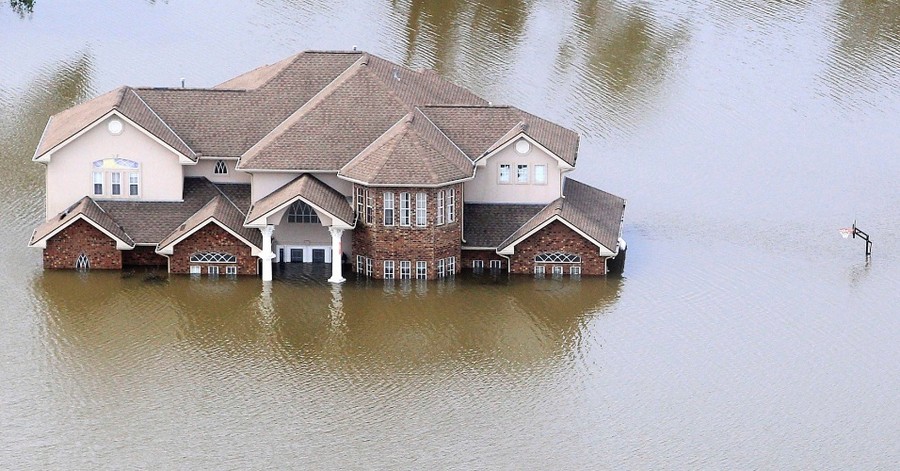
Arriving home to find it full of water is not one of the best welcomes you could have. However, facing this unpleasant situation and acting quickly can be the solution to avoid further damage.
First of all, you have to detect the reason why the flooding has occurred. In this case, it could be due to:
- Inclement weather. That is to say, by the heavy rains.
- Because a toilet leaks.
- There is a damaged pipe, and it leaks water.
- The water heater or storage tank is leaking.
- An appliance is not working correctly, and this causes water to leak, whether it is the washing machine or the dishwasher.
- External causes: neighbors, supply from the street
With floods, homes suffer severe damage to a greater or lesser extent due to the high levels of water, salinity, soil saturation, and poor construction practices in the systems and materials used. The problem is that their identification requires precise technical evaluations because the deficiencies they generate are not visible to the naked eye. Therefore, it is advisable to hire an expert Restoration franchising company.
In general, after a flood, there is a tendency to underestimate the effects on houses, overlooking the fact that a cumulative effect is caused that damages structures and increases their vulnerability. As a result, the most common patterns of flood damage tend to be:
- Low-severity and gradual destruction of housing and infrastructure.
- Damage that is difficult to quantify.
- Presence of cumulative damage that is not evident in the short term or at first glance.
- Increase of vulnerabilities in affected houses according to the type of material.
Once the reason has been detected, it is time to act. In the first place, we recommend that you notify the insurer of your home and report what has happened. They will give you the procedures to follow. Most likely, they will have you contact a Restoration franchising, who will help you deal with the situation.
It may be dangerous to enter your home as the flood may have caused electrical, structural, or other damage. However, after you have checked that things are safe, you can take steps to protect your home and its contents from further damage.
If you don’t have experience in construction and electrical repairs, don’t attempt to do the work yourself. Instead, hire a contractor or qualified electrician. Even if you have some experience in construction and electrical work, do not attempt to make an appointment if you are not sure what you are supposed to do or if you are left wondering if the job is beyond your knowledge or physical strength.
If there is standing water next to the exterior walls of your home, do not enter! You will not determine if the building is safe or if the structure is still intact. Before entering, carefully walk around your home and look for electrical wires or gas leaks.
You will know if there is a gas leak if you notice the distinctive, foul-smelling odor added to the gas to warn the public that there is a leak. If you find downed electrical wires or gas leaks, call your utility company.
Check the foundation for cracks, mold, or other damage. Examine the roof of porches and arches to make sure all braces are still in place. Look for gaps between the stairs and the house. If you see apparent damage, ask a building inspector or Restoration franchising to check the house before entering.
If some of the foundation supports are gone, the floor has been washed away, making the floor unsafe. If you have any remaining safety concerns, contact a Restoration franchising before entering. Proceed with extreme caution.
